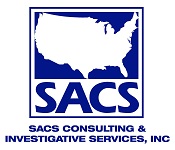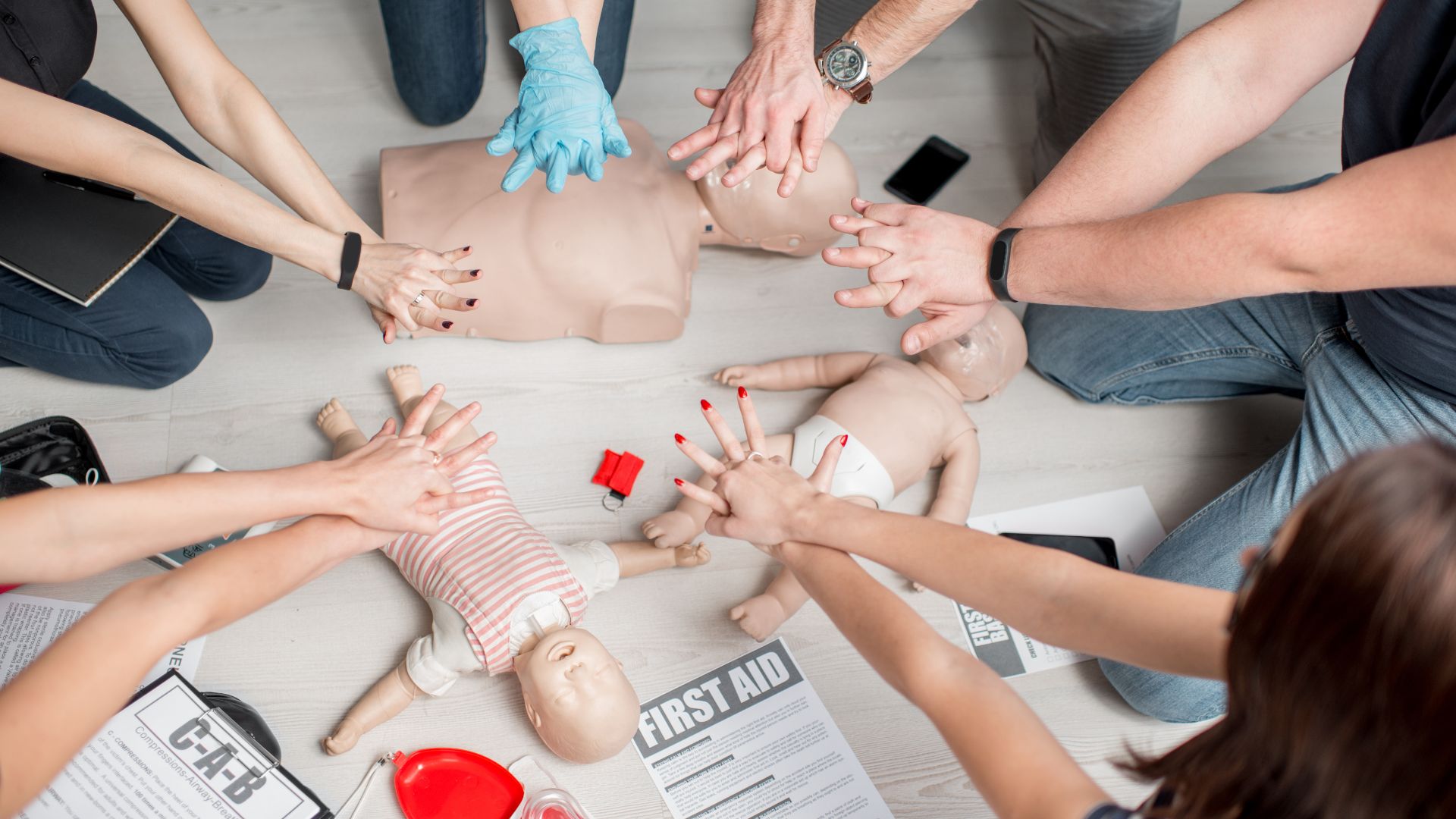The information in the blog post is a mix of general advice for active bystanders in emergencies and specific actions for various emergency scenarios.
“Seconds are crucial to life-threatening situations, and now more than ever, other persons present responding to provide basic medical assistance at these tragic events does make the difference between an injured victim surviving or dying!”
Tim Dimoff, President and CEO of SACS Consulting & Investigative Services, Inc.
How You Can Prepare
- The role of active bystanders in emergencies is still recognized as crucial. Active bystanders are often the first on the scene and can take vital actions before professional first responders arrive. This role is reinforced by organizations like the Committee for Tactical Emergency Casualty Care (C-TECC), which provides guidelines for active bystanders.
- There is an increasing emphasis on training civilians in emergency response, such as CPR, Stop-the-Bleed, and disaster preparedness skills.
- The advice for active shooter situations, such as running, hiding, or fighting, remains consistent. However, it’s important to note that guidelines and best practices can vary depending on the situation and the guidance of governmental agencies, such as Homeland Security. Here is a brief video about what to do.
- Workplace Disaster Plan: Calling 9-1-1 and following established procedures are critical steps. However, training and familiarity with the latest guidelines are essential for effectively handling these scenarios.
- The response to a suspected overdose, such as calling for medical help and performing CPR if necessary, is still advised. With the rising prevalence of opioid overdoses, there is an increased focus on training bystanders to use naloxone, an opioid overdose reversal medication.
Conclusion
In all cases, please remember your first call is to 9-1-1. The average response time for a professional first responder is eight minutes; all employees need to know what to do while waiting for the police, firefighters, or EMT.
We Can Help with Training and Procedures
We have workplace training that can help your employees be first responders. Give us a call at 330-255-1101 to speak to one of our highly qualified professionals today!

